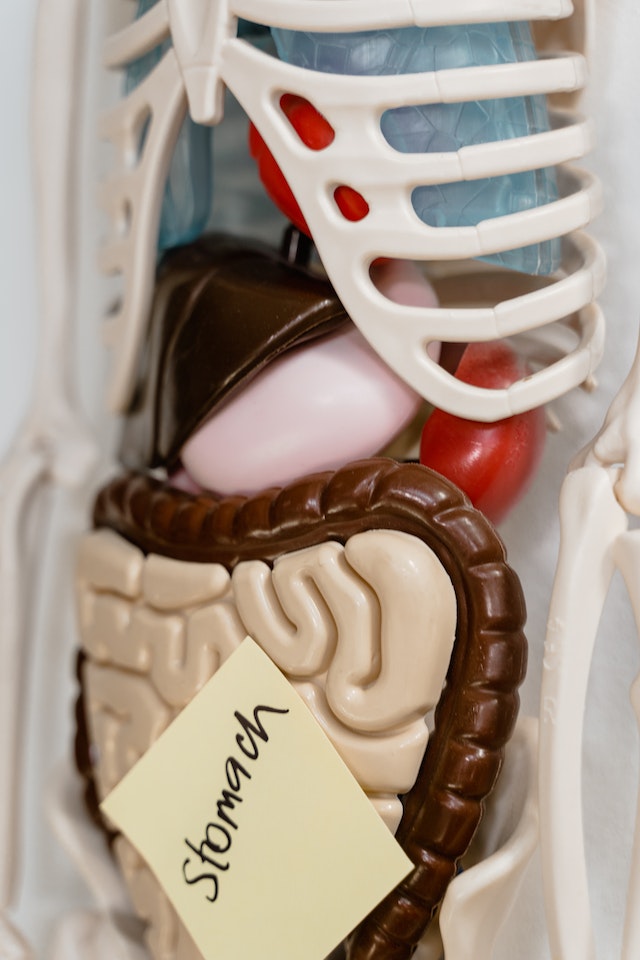Introduction:
Organ donation is a remarkable act of compassion that has the power to save lives and improve the quality of life for countless individuals. As medical advancements continue to push boundaries, the need for organ transplants is increasing. This article explores why organ donation is more important than ever and highlights the significant impact it can have on individuals, families, and society as a whole.
- Growing Demand for Organ Transplants:
The demand for organ transplants has been steadily rising due to several factors. Firstly, medical advancements have made organ transplantation a viable option for an increasing number of conditions, such as end-stage organ failure, genetic disorders, and life-threatening diseases. Additionally, as the global population continues to grow and age, more people are developing chronic illnesses that can lead to organ failure. This combination of factors has led to a significant increase in the demand for organs.
- Limited Supply of Organs:
Despite the growing demand, the supply of organs for transplantation remains limited. Organ availability primarily relies on donations from deceased individuals and, to a lesser extent, living donors. However, the number of potential donors is insufficient to meet the rising need. This scarcity results in lengthy waiting lists and, unfortunately, the loss of many lives due to the unavailability of suitable organs.
- Saving Lives and Enhancing Quality of Life:
Organ donation has the potential to save lives and significantly enhance the quality of life for recipients. Transplants offer a second chance at life for individuals who are facing organ failure or life-threatening conditions. A donated organ can restore bodily functions, relieve suffering, and allow recipients to lead fulfilling, productive lives. Furthermore, organ transplantation often provides a ripple effect, positively impacting the lives of the recipients’ families and communities.
- Advancements in Transplantation Techniques:
Advancements in transplantation techniques have increased the success rates and expanded the possibilities for organ transplantation. Improvements in surgical procedures, post-transplant care, and the development of immunosuppressive drugs have significantly reduced the risk of rejection and improved overall outcomes. These advancements have made organ transplantation a more viable and effective treatment option, underscoring the importance of increasing the organ supply.
- Raising Awareness and Overcoming Misconceptions:
Raising awareness about organ donation is crucial in addressing misconceptions and encouraging more individuals to become donors. Many people hold misconceptions about organ donation, such as fear of medical complications, religious concerns, or a lack of understanding about the process. By educating the public about the facts, dispelling myths, and emphasizing the life-saving potential of organ donation, we can inspire more individuals to make the selfless decision to become donors.
Conclusion:
Organ donation is a precious gift that has the power to transform lives and provide hope to those in need. With the growing demand for organ transplants, it is more important than ever to promote and support organ donation. By addressing the limited supply of organs, raising awareness, and dispelling misconceptions, we can work towards bridging the gap between supply and demand. Together, we can ensure that the gift of life continues to be shared and cherished, making a profound difference in the lives of individuals and society as a whole.










